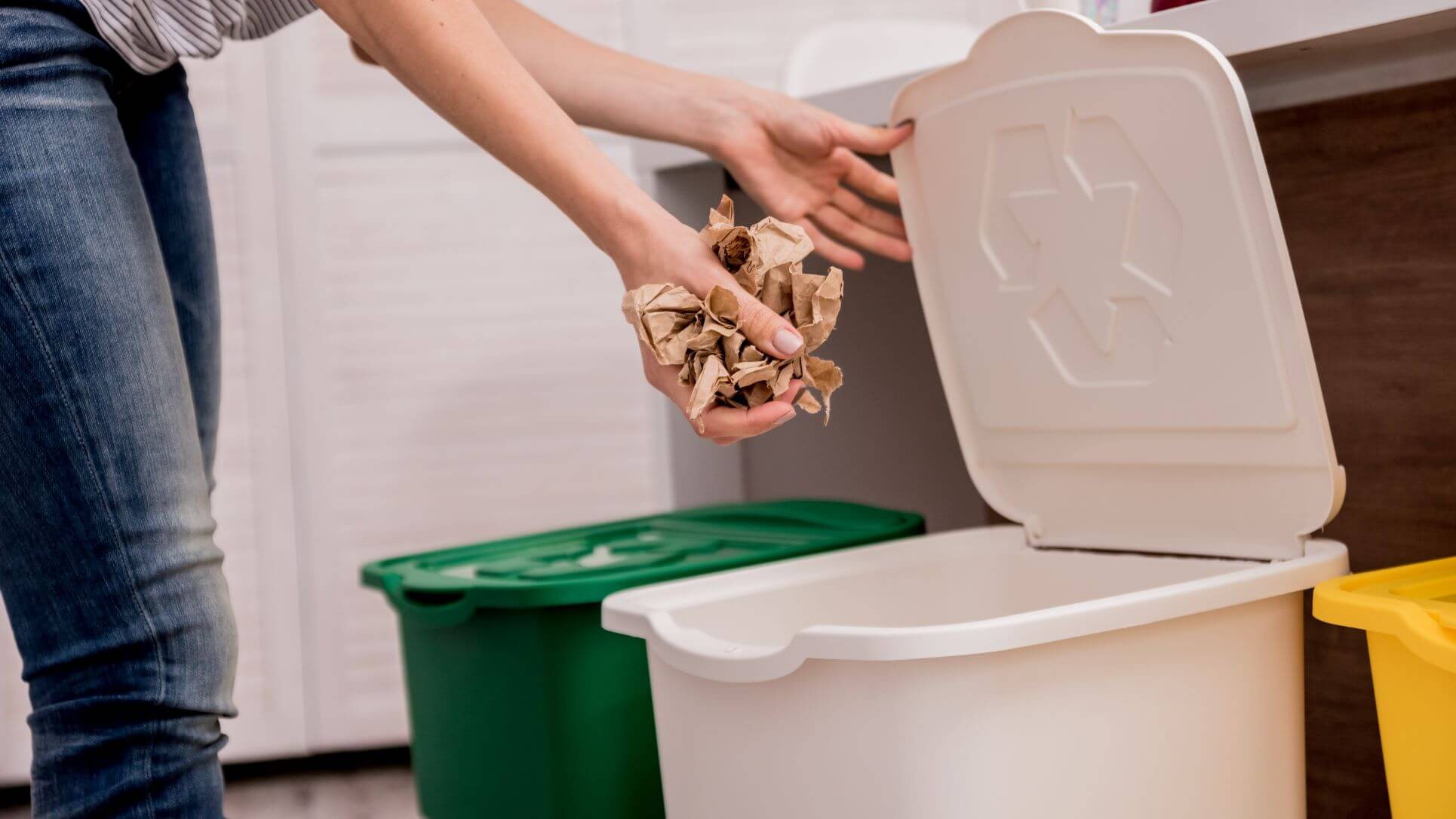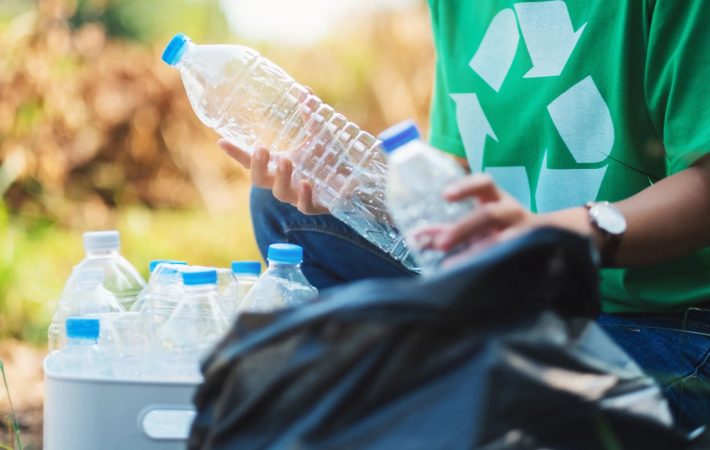In a world that is increasingly environmentally conscious, the importance of recycling has become crucial. While government and corporate initiatives play a fundamental role, individual responsibility cannot be underestimated. Here’s a comprehensive guide on how to turn your home into a sustainable space through recycling.
1. Know Your Waste
Before you begin, it’s essential to understand what materials can be recycled. Sort waste into categories like paper, cardboard, plastic, glass, and metal. Research your local regulations to ensure you’re recycling according to the proper guidelines.
2. Set Up a Recycling Area
Designate a space in your home for sorting and storing recyclable materials. Use labeled bins or containers to make separating waste easier and more efficient.
3. Reduce and Reuse
Before recycling, consider reducing and reusing. Choose products with sustainable packaging and find creative ways to give items a second life before discarding them.
4. Composting
Make use of organic waste to create compost. This nutrient-rich material can be used to fertilize plants and gardens, helping to close the loop on the organic waste lifecycle.
5. Partner with Local Programs
Learn about local recycling programs and participate actively. Many communities offer curbside recycling or designated drop-off locations.
6. Family Education
Get the whole family involved in recycling habits. Teach them the importance of reducing carbon footprints and how every small effort contributes to the planet’s well-being.
7. Integrate Technology
Use apps and online resources that help identify recyclable materials and provide tips for sustainable living.
Additional Tips for Recycling at Home:
- Install recycling bins in your home to make separating waste more convenient and prevent it from mixing.
- Educate your family and friends about the importance of recycling—everyone can help reduce pollution by recycling properly.
- Buy recyclable products. By choosing recyclable items, you’re supporting the recycling industry and encouraging more sustainable production.



